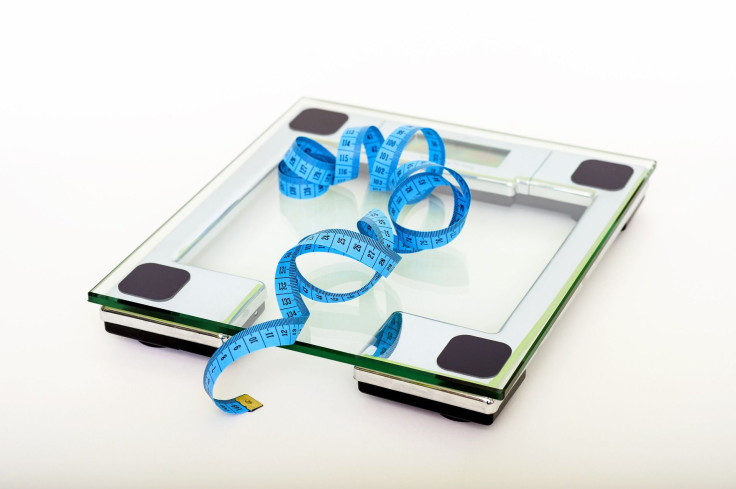The 5 Things You Need To Know About Gaining Weight In The Winter

Losing weight is hard. But losing weight in the winter? That can feel nearly impossible. There’s no denying the draw of holing up with a bottle of wine, hearty meal, and Netflix, but is the science really stacked against you when it comes to losing weight in the winter? Here are five myths and facts you should know about gaining and losing those extra pounds, according to science.
Fact: The Urge to Binge is Real
According to a study from the University of Exeter in England, we have a natural tendency to overeat in the winter. This is because being underweight was a much bigger problem for our ancestors than for us and our body naturally wants to store food in seasons when food is scarce.
“All animals, including humans, should show seasonal effects on the urge to gain weight,” said lead author Dr. Andrew Higginson in a statement. “Storing fat is an insurance against the risk of failing to find food, which for pre-industrial humans was most likely in winter.”
Read More: Hypnosis Weight Loss Programs Can Help You Think Thin; Tips For At-Home Self-Hypnosis
Fact: Winter is the Time for Drinking
Winter is the season for drinking, according to a study by BACtrack breathalyzer, an alcohol monitoring app. The company surveyed nearly 300,000 users for 13 months and found that the average blood alcohol concentration (BAC) is higher between Dec. 1 and March 31 than any other period throughout the year. The study revealed the average BAC to be above 0.06 percent almost 75 percent of the time during this range, while it reaches this level only 50 percent of the time the rest of the year.
Laws vary by region but a BAC of .08 is classified as legally intoxicated in most states — .06 is usually thought of as causing a buzz.
Fact: Drinking Causes Cravings
With all of that drinking comes eating as several studies have shown that alcohol does in fact cause cravings.
Scientists at the University of Liverpool monitored 60 undergraduate females who were either given alcohol or a placebo drink and told to eat as many cookies as they wanted. They found that those who actually imbibed in the real deal ate more than those who didn’t.
Similarly, researchers in London’s Francis Crick Institute Mill Hill Laboratory injected mice with the equivalent of two bottles of wine and found that drunk mice ate more than those creatures that weren’t. According to a story in Scientific American, scientists then studied the rodents’ brains looking at AgRP neurons, which are thought to cause hunger when activated. Following the booze fest, mice brains had increased levels of calcium, which in turn causes the neurons to fire more often. Of course mice are different than humans, but researchers believe there could be a similar effect in humans.
Myth: Winter Weight Gain is Significant
You may joke about gaining 10 pounds over winter, but in reality it’s more like one. According to Deborah Balfanz, PhD at Stanford University, the average American only gains about one pound during the cold holiday season, which is when many often overindulge. However, that one pound adds up if you continue to put on weight each year.
Myth: Your Body Holds Onto Fat in the Cold
It makes sense that your body would store fat in the cold, but according to researchers, being in unpleasant weather can actually stimulate calorie burn. The Atlantic reports that shivering increases your metabolic rate so you burn more calories. The authors of the study, which was conducted at the Maastricht University Medical Center in The Netherlands, even go as far to suggest that exposure to mildly cold weather “may provide a healthy and sustainable alternative strategy for increasing energy expenditure.”
While there are definitely factors hindering your winter weight loss, you can combat these challenges with the good, old-fashioned advice that most doctors recommend by limiting alcohol, increasing your activity levels and practicing moderation.
See more:
Male vs. Female Weight Loss: Why Do Men Lose Weight Faster Than Women?



























